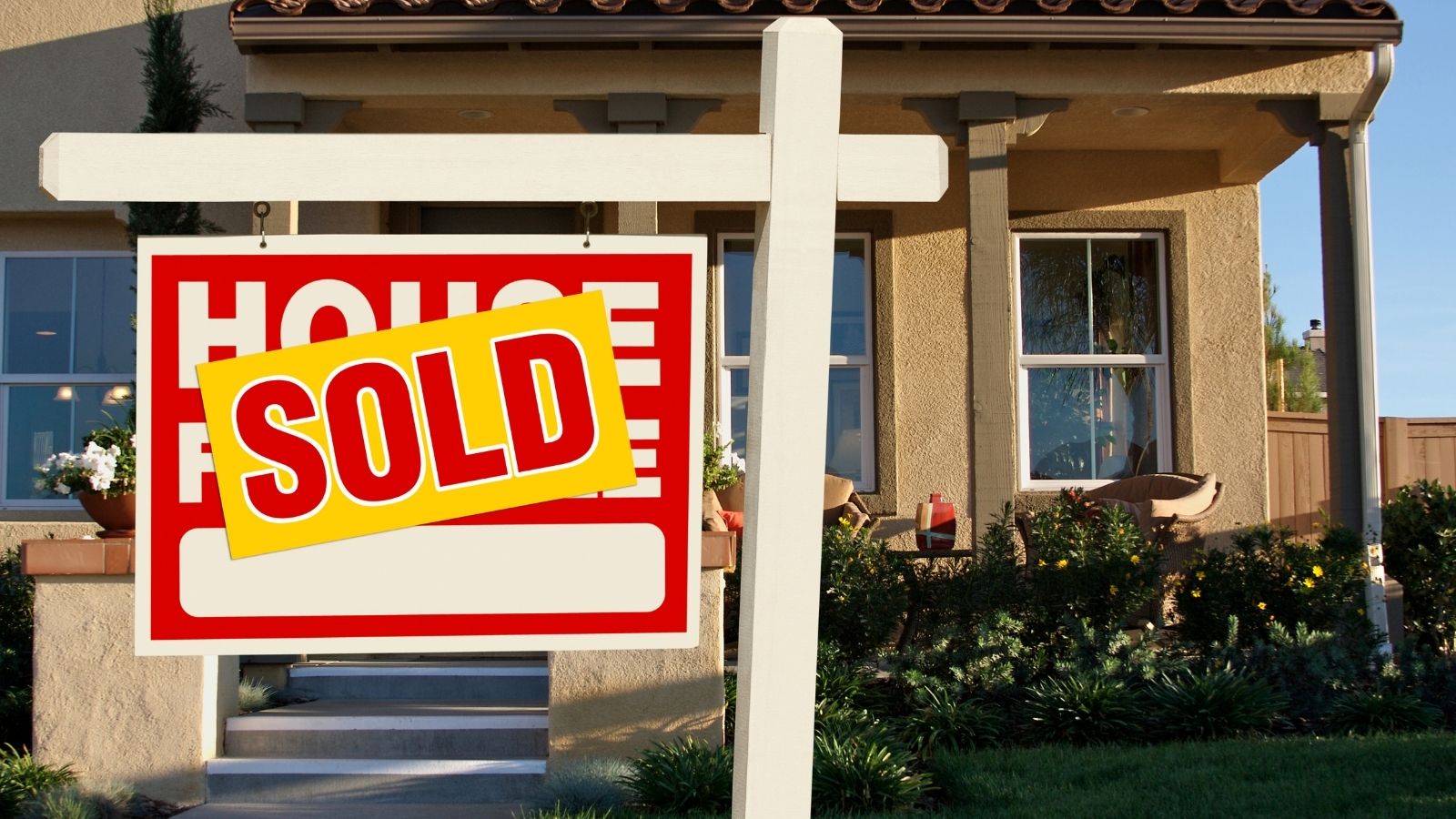So, you’ve decided to sell your home. Congratulations! This can be an exciting time, but it can also be a little daunting. There are six steps to selling your home and following these steps sequentially can help you have a smooth, quick, and profitable sale.
Hire the Best Sellers' Real Estate Agent
The first step is finding the best real estate agent. You want an agent who knows your local market well, who has a successful track record of selling homes in your price range and neighborhood, and who will be responsive to your needs.

A sellers’ agent specializes in helping people like you sell their homes. The agent will work with you to price your home correctly, stage it for showings, market it to potential buyers, and negotiate the best possible offer.
To find a qualified sellers’ agent, ask your family and friends for referrals, or look online for ratings and reviews of local real estate agents. Then, interview at least three to get an idea of their rates, marketing strategies, suggestions for pricing your house, and how they make you feel in the process.
Price the House Right from the Start
The second step is pricing your house correctly from the start. You want to price it just below what you think people will be willing to pay in order to create a sense of urgency and encourage bidding wars.
Your agent should do a Comparative Market Analysis (CMA) to help you set the right price. This analysis compares your home’s features and location with those of recently sold homes in your area. It takes into account current market conditions, such as how long houses are taking to sell and how much they’re selling for.
If your home is priced too high, it may sit on the market for longer than you’d like, or worse; you may have to lower the price later on, which could mean less money in your pocket.
Get the House Ready for Showings
The third step is getting your house ready for showings. This means making repairs, sprucing it up, and removing personal belongings so potential buyers can imagine themselves living there.
Take care of maintenance and repairs first. Your house will be inspected before completion of the sale, so any problems will be revealed at that time and could through a monkey wrench into the deal, costing you time and money.

Nest, stage. Staging a house means arranging furniture and decorations to make the space look its best. This can be as simple as removing family photos and personal belongings or as involved as hiring a professional stager.
The goal is to make your home look like a model home-neutral, tidy, and appealing to the greatest number of buyers. You may not be able to do everything yourself, so ask your agent for recommendations on professionals who can help you get ready for showings.
Your agent will provide you with a list of things to do to get your home ready for sale. These may include painting walls, repairing broken door handles or window screens, shampooing carpets, and decluttering surfaces.
Showings and Open Houses
When you’re getting ready for showings, keep the house clean and tidy with no dirty dishes or visible dirty laundry, paperwork, or other personal items.
Plan not to be at home during showings. Give potential buyers their space to take their time and look around the home comfortably.
Also, make arrangements for your pets. You don’t want them running around and barking or jumping on potential buyers.
If you have a yard, keep it neat and tidy as well. Mow the lawn, trim the hedges, and rake up any leaves.
Negotiate Offers
The fifth step is offers and negotiations. When you receive an offer, your agent will help you evaluate it to see if it’s fair. The offer may be for the full price of your home, but more often than not, it will be less.
In the best-case scenario, you’ll get multiple offers. This will give you some leverage to negotiate a better price.

Your agent will help you weigh the pros and cons of each offer and decide which is best for you. They’ll also advise you on whether or not to accept an offer contingent on the sale of another house, how much earnest money to ask for, and other terms and conditions.
Your agent will work with the buyer’s agent to come up with a counteroffer that both parties can agree to. This process can take some time, so be prepared to wait a bit for everything to fall into place.
The Closing Process
The sixth and final step is the closing process. This is when the title is checked; there’s an appraisal, an inspection, and other processes needed to complete the sale.
Your agent will keep you apprised of what’s happening during the closing process and will be there to help you every step of the way.

The closing process usually takes about 30 days, but it can vary depending on your state and other factors.
Closing day is when you’ll sign all of the paperwork, pay off any liens or mortgages on the property, and receive your money from the sale.
Conclusion
Selling your home can be a daunting task, but with the help of a qualified real estate agent, it doesn’t have to be.
Find the right agent. Price your house right the first time. Stage your home for showings. Be prepared for showings and open houses. Trust your agent to help you review and negotiate offers, and then be patient during the closing process, using that time to prepare for your next move.
If you’re thinking of selling your home, be sure to contact a qualified real estate agent who can help guide you through the process.

